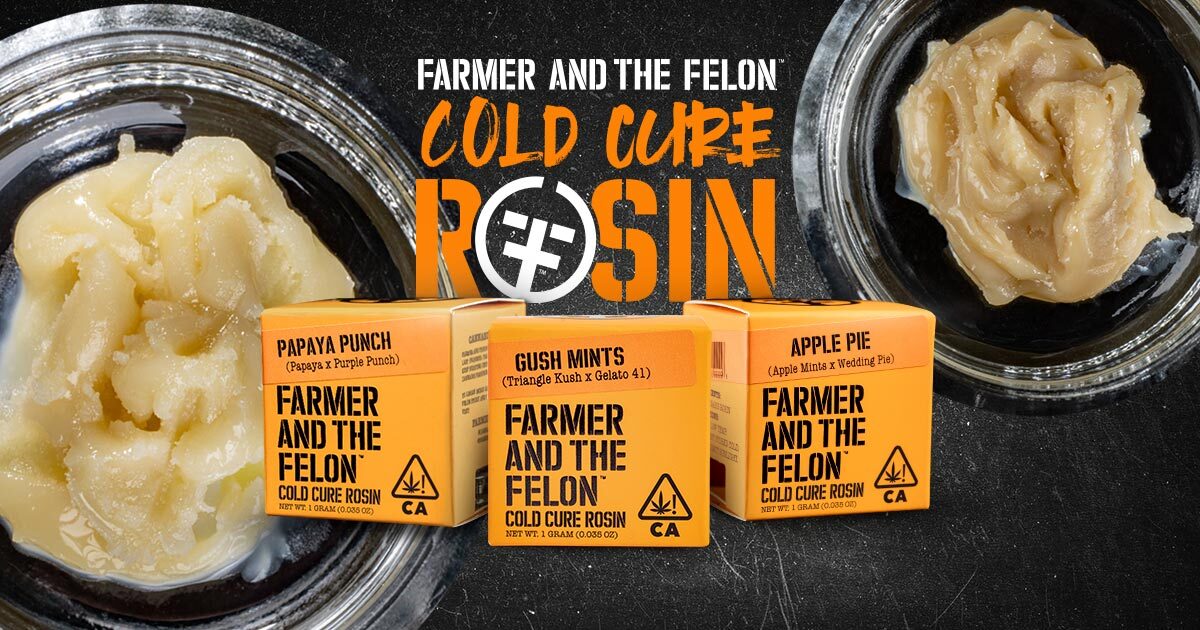By Dante Jordan
Katree Darriel Saunders is another victim of America's failed War on Drugs. In 2011, she was arrested due to Las Vegas’ Operation Chronic Problem, in what was truly just the entire Vegas medical cannabis community's attempt to help patients find safe alternatives to opioid addiction. Now, a decade later, she’s still paying for it.
Katree Saunders likes to say she was born in Omaha, Nebraska, but raised in Summerlin, Nevada. Her mother was a Bible study teacher and stay-at-home mom, while her father worked for Lockheed Martin over at Area 51. At age 15, the family moved to Tennessee, where she’d first experience cannabis, and opioid addiction. “When I moved to Tennessee, I slipped and fell [at work… the doctors] put me on pills, and I was like yo, I don’t like this. Then a friend introduced me to cannabis, and that led me on my journey to being in love with the plant,” she tells me over Zoom.
At age 19, Katree began experiencing more physical traumas that would lead her to pursuing medical cannabis. Now living in Las Vegas after getting her associates degree in travel and tourism from Heritage College, she got into her first motor vehicle accident, so serious that they had to use the jaws of life to get her out. Knowing from her first serious injury that she didn’t want to rely on painkillers led her to pursue cannabis on the streets as an alternative. Unfortunately, there are added perils of being forced to an illicit market and during one pursuit, Katree was sexually assaulted. It was then that she knew she had to find an alternative source. “I found out about our medical cannabis program, which was under our Department of Agriculture at the time. So I called the State of Nevada, and they referred me to a man named Michael McAuliffe. He started teaching me how to grow, and then asked if I’d be interested in helping others get medical cannabis.”
McAuliffe was the owner of the Nevada Compassionate Care (“NCC”), where Katree would grow to find a home. At NCC, Saunders helped patients get their medical cannabis cards, packaged and sold goods, and provided a source for medical cannabis in a state that ONLY had grow-your-own-weed laws. She even represented the company as stage detail with President Obama at an event called Organizing America. “I let him know how much [cannabis] helped me get off opiates, and he shook my hand and said he wasn’t prosecuting,” Saunders says of a conversation she had with 44 about medical cannabis rights.
Unfortunately, this did not prove to be true. In 2011, the DEA launched Operation Chronic Problem, which led to raids of all of Las Vegas’ medical cannabis stores, and charges for 15 individuals, including McAullife and Saunders. “I ended up selling to an undercover DEA agent who posed as a sick patient. First it was an eighth [of flower], next time it was 10 grams [of hash].” For her involvement with the Nevada Compassionate Care, Saunders would receive four months in prison, followed by a probation sentence that still stands as you read these words.
Katree Darriel Saunders is still feeling the wrath of the failed War on Drugs. “For one, I told you my background is travel and tourism. I can’t get an FAA clearance license with a DEA distribution drug charge on my record. I was driving for a ride share company for a while. They pulled a background check on me, and I got let go,” she says of her difficulties finding opportunities. Additionally, Nevada’s recreational cannabis laws bar drug felons from industry participation. “When we got set up, we had all our patients' records, we didn’t give any of that information over to the feds. I feel like I helped protect those people so now they’re able to do what is now the Nevada cannabis industry. Out of over 800 people I helped sign up, you better be sure that someone’s grandma; aunt; uncle; cousin; brother have a license in cultivation, dispensary, edibles, distribution, they’re vertically integrated.”
Katree is now looking for work in any legal cannabis state where possible, as well as striving for juvenile justice reform in the state of Nevada, specifically around Black teenagers being targeted disproportionately for cannabis possession by law enforcement and school districts. She has been working with Last Prisoner Project and Arcview’s Women’s Inclusion Network as a constituent, as well as been consulted about social equity in Massachusetts, Arizona, and Chicago. She was recently accepted into Columbia University to pursue Business and Entrepreneurship.
For anyone that would like to help contribute to her mission of cannabis business reentry and social justice reform, Katree’s paypal is: Dare2DreamLV@gmail.com

